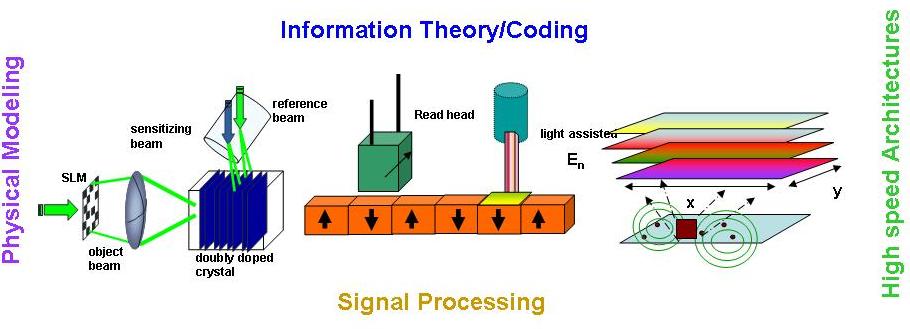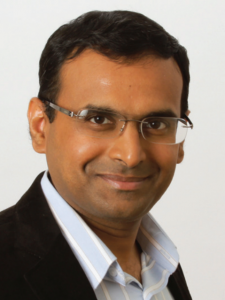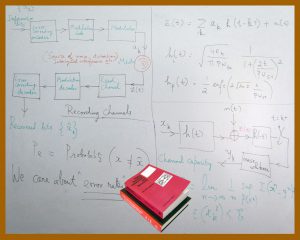- Physical modeling, Signal processing, Coding / information-theoretic aspects of emerging nano-memory technologies
- Quantum information processing
- Mathematical modeling of complex systems
- VLSI architectures for data storage applications
At PNSIL, we focus on developing theoretical methods and algorithms towards system architectures. The research emphasis is on solid mathematical foundation on these nano-physical information storage systems as well as practically feasible ways to meet the challenges of today’s industrial R&D needs. The concepts and techniques we develop within this lab are targeted to a broad range of engineering applications.
PNSIL Contact No: +91-80-23600810 (Ext : 306)
RESEARCH AREAS

The domain of electronics is currently at the nano-scale and will eventually cross into the domains extending beyond mesoscopic physics. As a direct consequence, next generation computing, communications and information storage technologies will have fresh challenges to deal with. We are interested in developing techniques and tools for understanding the physical limits for emerging storage technologies and ways for practically achieving them through timely algorithms and architectures. This involves a mix of signal processing, information/coding theory and applied areas in physics and mathematics. We are also interested in novel engineering applications that have a base in signal processing/information-theory.
TEACHING ACTIVITIES
- To provide a broad overview of the principles in data recording and emerging areas in nano-science for graduate students to perform research.
- To enable graduate students within the institute and engineers from the industrial R&D organizations to participate in these courses to further their knowledge and understanding.

